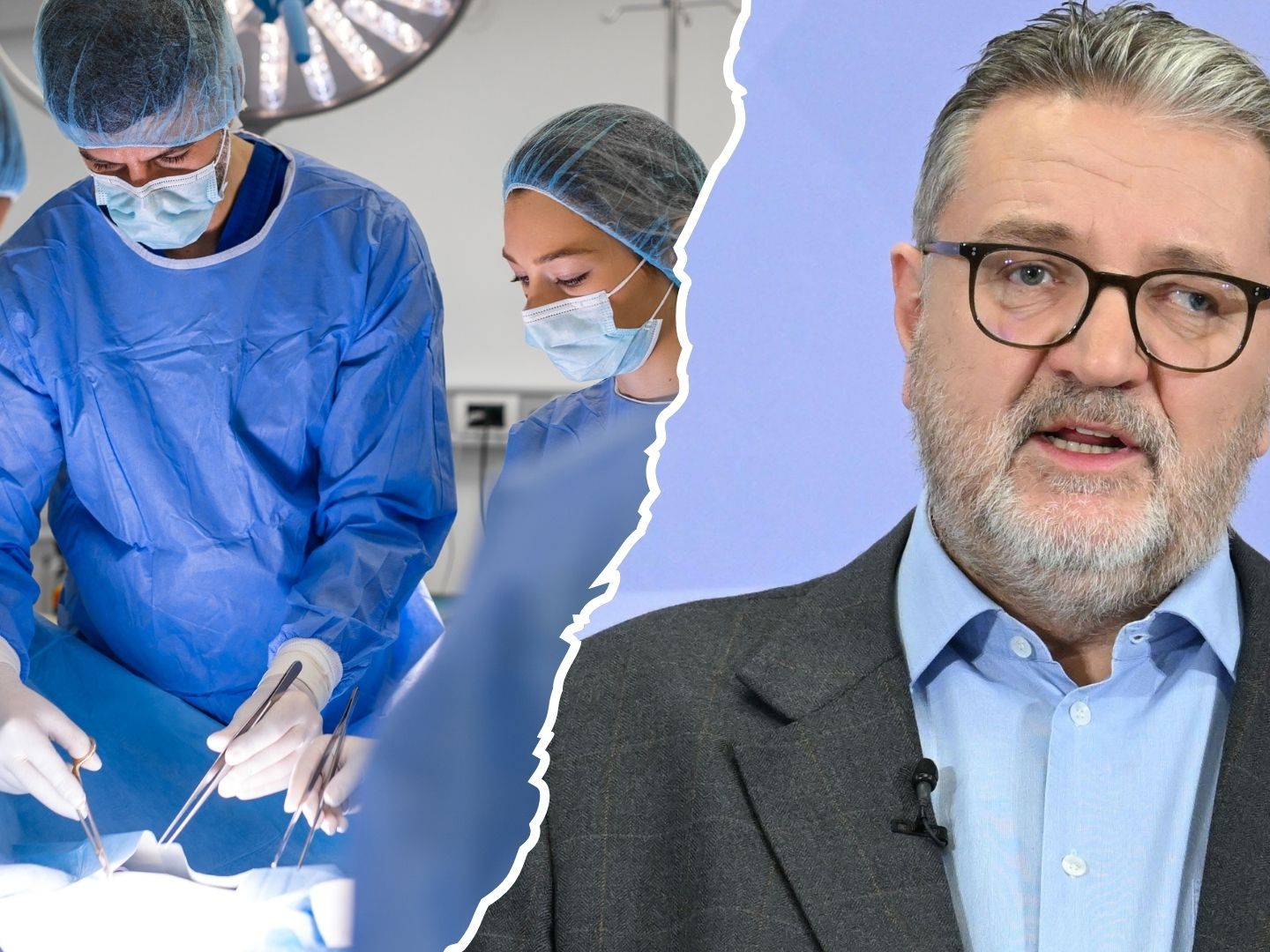New Surgery Strategy: How Vienna Plans to Significantly Reduce Waiting Times

Vienna aims to shorten waiting times for surgeries and is entering into partnerships with private hospitals. An initial agreement was presented on Wednesday: The Health Association (Wigev) will outsource procedures to facilities of PremiQaMed. Available capacities there will be utilized, with surgeries being performed by doctors from public hospitals. In the first phase, around 500 cases per year are to be taken over by the private operator.
New Model Against Long Surgery Waiting Times: Vienna Relies on Private Hospitals
"We want the waiting times in Vienna to decrease," emphasized Health Councillor Peter Hacker (SPÖ) - who also pointed out that the city already ranks very well in the Austrian average. The waiting time for scheduled surgeries is to be reduced. It was emphasized that this is the sole focus here. Wigev General Director Evelyn Kölldorfer-Leitgeb and Medical Director Michael Binder pointed out that the number of acute procedures is currently increasing, which affects less urgent surgeries that often have to be postponed as a result.
Only Scheduled Surgeries Will Be Outsourced
The acute sector already accounts for 44 percent of the approximately 140,000 surgeries performed annually in Wigev hospitals, it was explained. This is due in part to demographic developments, Kölldorfer-Leitgeb explained. People are getting older, but also sicker. The agreement now affects so-called elective procedures, which are those that can be scheduled freely. Relief is to be provided for peak demand here, within the framework of partnerships that already existed in part during the coronavirus pandemic.
Such operations will now be taken over immediately in the PremiQaMed clinics Goldenes Kreuz and Confraternität. Patients do not have to worry about anything, Hacker emphasized. Those with particularly long waiting times will be actively contacted. Patients will also incur no costs, as the collaboration will be financed by Wigev, it was stated. People who prefer to be treated in a municipal hospital can also decline the offer, the councillor highlighted.
Orthopedics as a Focus
The cooperation covers several subjects. A focus here will be orthopedics and trauma surgery - with procedures such as arthroscopies or joint surgeries. Fracture, gallbladder, appendix, and ENT surgeries are also part of the spectrum. Patients from the fields of urology or skin surgery are also to be treated externally. This also applies to breast surgery, although oncological procedures are excluded here.
The private facility is responsible for admission and inpatient stay as well as the basic handling of the operations. Only the doctors come from Wigev. Aftercare is also carried out by the responsible Wigev specialist departments. In case of complications, the patient will be taken to a municipal hospital if necessary.
The first operations are expected to take place in the clinics of PremiQaMed as early as April. The CEO of the operator, Martin Fuchs, emphasized that there is by no means a conflict situation between private and municipal hospitals, even if some might suspect so. Rather, they are part of the supply system. "We must be seen as complementary." Fuchs assured that they want to be a reliable partner.
ÖVP and Greens See System Failure - FPÖ Satisfied
The opposition is not very pleased with the cooperation, diagnosing a system failure. The collaboration may relieve pressure in the short term, but it is not a new strategy, mocked Ingrid Korosec, the health spokesperson of the Vienna People's Party: "This measure once again shows that the city government has not found a sustainable solution to the problem of long waiting times." Korosec identified an "admission" that the hospitals could no longer cope with the demand.
The Green health spokesperson Barbara Huemer also criticized: "Instead of strengthening public hospitals, the city government outsources operations and shirks its responsibility for healthcare." It is undisputed that surgery waiting times need to be shortened, but the current path leads to a dead end that damages the reputation of public hospitals.
The FPÖ, on the other hand, expressed satisfaction. "For years, the FPÖ has been demanding relief for Vienna's hospitals through cooperation with private clinics to shorten waiting times for surgeries," noted the blue health spokesperson Wolfgang Seidl. Now, with the election campaign approaching, the SPÖ realizes that there is a need for action. However, Seidl also stated that a massive increase in municipal hospitals themselves is necessary.
(APA/Red)
This article has been automatically translated, read the original article here.





